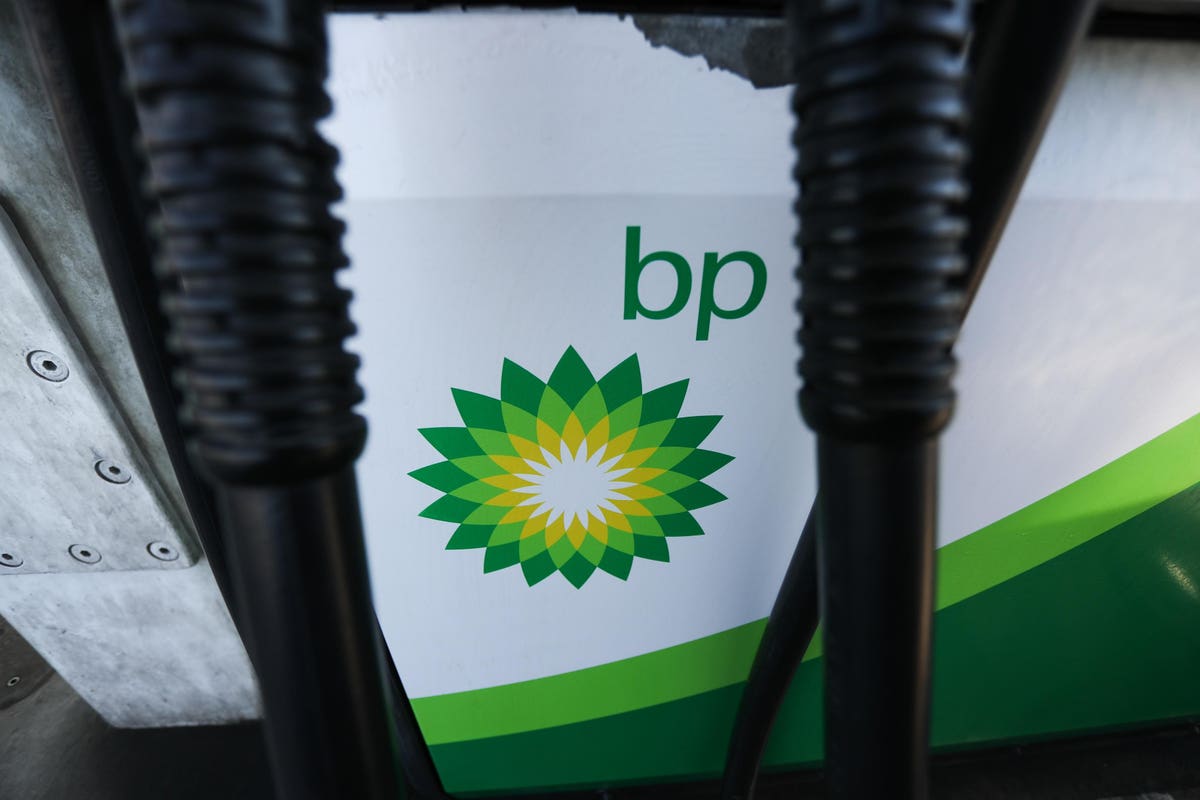After a small 3% rise over the last six months, at the current price of around $35 per share, we believe BP plc stock (NYSE: BP), a European integrated energy major, could go higher in the long term. BP stock has increased from around $34 to $35 over the last six months, compared to a 14% growth in the S&P index. The company reported better-than-expected Q1 adjusted earnings and left its quarterly dividend unchanged after raising it 10% in February. However, its plan to buy back another $1.75 billion in stock over the next three months – down from $2.75 billion in the prior three months disappointed investors a little. BP’s Q1 underlying replacement cost profit, which is similar to the adjusted net income in U.S. reports, came at $4.96 billion, down 21% year-over-year (y-o-y), but easily exceeded the $4.28 billion consensus estimate. Its sales and other operating revenues grew 14% year-over-year (y-o-y) to $56.2 billion. The company noted strong performance in gas marketing and exceptional results from oil trading, which offset the impact of lower energy prices and refining margins. Looking ahead, BP expects oil prices to remain likely elevated, supported by different factors, namely – a sharp fall in U.S. crude oil inventories and increasing fuel consumption in the U.S., OPEC production cuts, and the Saudi Arabian energy minister’s warning against shorting oil.
We forecast BP Revenues to be $219.1 billion for the fiscal year 2023, down 9% y-o-y. Looking at the bottom line, we now forecast earnings per share to come in at $5.94. Given our revenues and EPS forecast changes, we have revised BP Valuation to $40 per share, based on a $5.94 expected EPS and a 6.8x P/E multiple for the fiscal year 2023. That said, the company’s stock appears cheap at the current levels, with our valuation at a 13% premium from the current market price. At current levels, BP trades at a lower valuation than its peers, at under 5x forward earnings.
Beyond oil and gas production, BP also invests heavily in charging stations, biofuels, hydrogen fuels, and fueling stations. As of 2022, 30% of its total spending was allocated to these businesses, up from 3% in 2019. It also set a goal to be a net-zero company by 2050 or earlier. Hydrogen is an integral part of the company’s strategy, and it plans to capture 10% of the hydrogen market in its core business areas. Consequently, it is pushing for hydrogen projects across the U.K., Europe, the U.S., and Australia. As a whole, the European oil major has invested more in non-hydrocarbon energy than other U.S. oil majors have.
BP acquired Archaea Energy (a renewable natural gas production company based in the U.S.) in late 2022 to expand its bioenergy business. The company also agreed to acquire TravelCenters of America, a leading travel center operator, earlier in 2023. As part of its heavy investment in renewable energy, BP hopes to build 20 gigawatts of renewable energy capacity by 2025 and 50 GW by 2030. Currently, it has a joint venture with Equinor to build offshore wind energy facilities in the U.S.
It is helpful to see how its peers stack up. Check out how BP’s Peers fare on metrics that matter. You will find other valuable comparisons for companies across industries at Peer Comparisons.
What if you’re looking for a more balanced portfolio instead? Here’s a high-quality portfolio that’s beaten the market consistently since 2016.
Invest with Trefis Market Beating Portfolios
See all Trefis Price Estimates
Read the full article here





